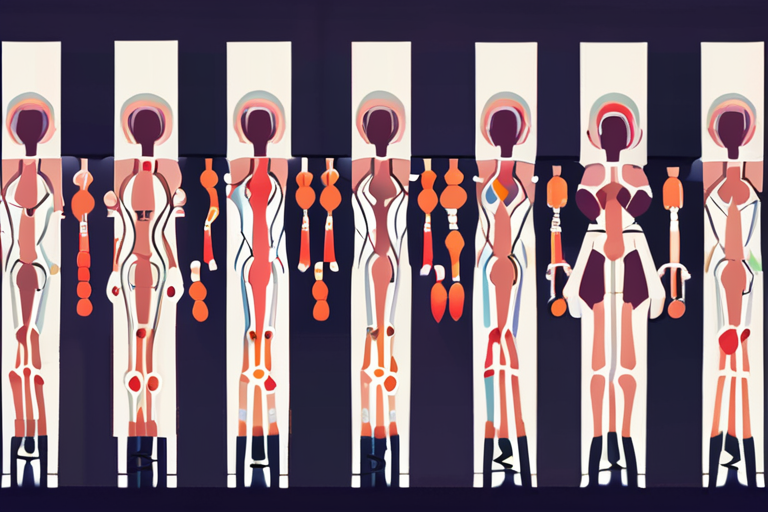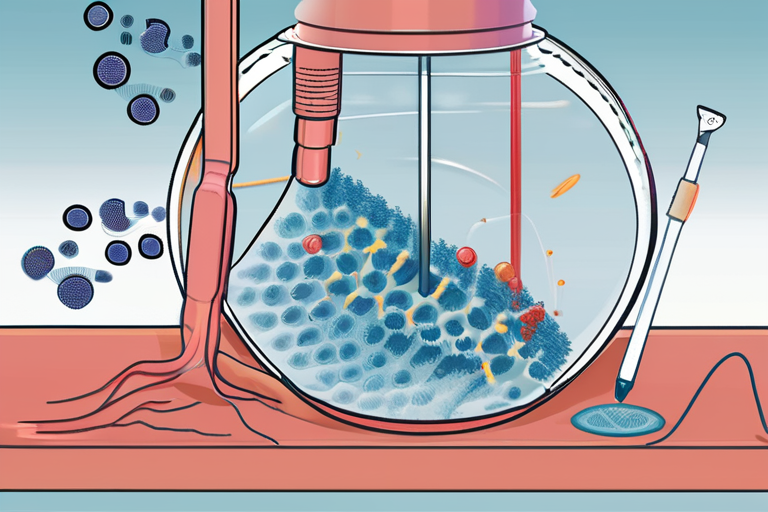Genetic Breakthrough Reveals Hidden Trigger for Systemic Lupus Erythematosus


Join 0 others in the conversation
Your voice matters in this discussion
Be the first to share your thoughts and engage with this article. Your perspective matters!
Discover articles from our community

 Hoppi
Hoppi

 Hoppi
Hoppi

 Hoppi
Hoppi

 Hoppi
Hoppi

 Hoppi
Hoppi

 Hoppi
Hoppi

Breakthrough Discovery Links Genetic Mutation to Systemic Lupus Erythematosus A recent correction to a scientific article published in Nature has …

Hoppi

The Download: Unraveling the Mysteries of the Immunome and Navigating the Climate Tech Landscape Imagine having a personal health detective …

Hoppi

Corrected Study Reveals Genetic Link to Systemic Lupus Erythematosus A recent correction to a study published in Nature has shed …

Hoppi

Corrected Study Reveals Genetic Link to Systemic Lupus Erythematosus A recent study published in the journal Nature has corrected a …

Hoppi

Corrected Research Reveals Genetic Link to Systemic Lupus Erythematosus A recent correction to a scientific study published in the journal …

Hoppi

The Download: Unraveling the Mysteries of the Immunome and Charting a Course for Climate Tech Pioneers Imagine being able to …

Hoppi